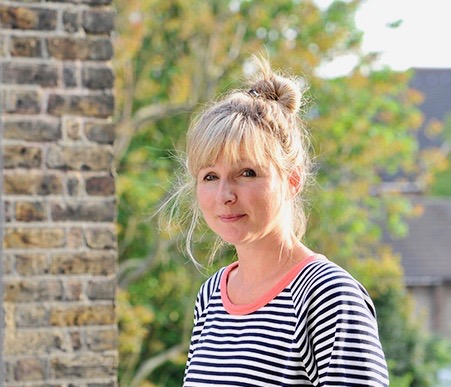7 chicken keeping mistakes expert homesteaders say you must to avoid for a healthy, happy flock
Avoid these pitfalls to keep your birds safe, secure and happily laying delicious eggs

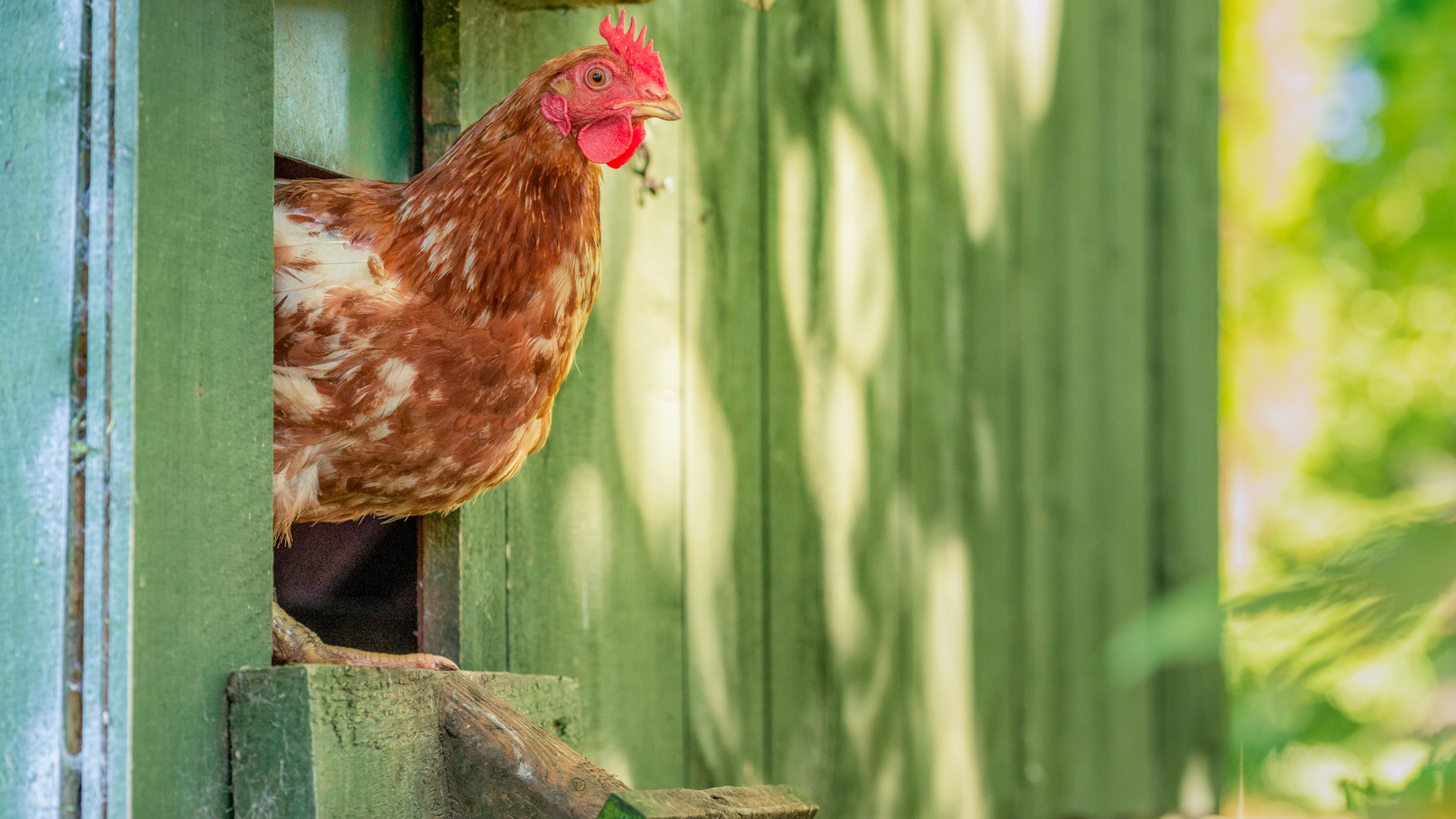
- Chicken keeping mistakes to avoid for a happy flock
- 1. Not protecting hens from predators
- 2. Don't overcrowd the coop
- 3. There's no need to heat the coop when it's cold
- 4. Not providing enough nutrients in their food
- 5. Not keeping the coop clean enough
- 6. Not providing a dust bath
- 7. Giving them free-range of your yard
Design expertise in your inbox – from inspiring decorating ideas and beautiful celebrity homes to practical gardening advice and shopping round-ups.
You are now subscribed
Your newsletter sign-up was successful
Want to add more newsletters?

Twice a week
Homes&Gardens
The ultimate interior design resource from the world's leading experts - discover inspiring decorating ideas, color scheming know-how, garden inspiration and shopping expertise.

Once a week
In The Loop from Next In Design
Members of the Next in Design Circle will receive In the Loop, our weekly email filled with trade news, names to know and spotlight moments. Together we’re building a brighter design future.

Twice a week
Cucina
Whether you’re passionate about hosting exquisite dinners, experimenting with culinary trends, or perfecting your kitchen's design with timeless elegance and innovative functionality, this newsletter is here to inspire
The shift towards homesteading is flourishing and the roots of this movement are varied from economic to ethical. One thing that's for sure, is you don't have to go completely off-grid or full-on crunchy, to enjoy this lifestyle.
Many people start keeping chickens for the freshly laid eggs and often create a kitchen garden for hand-picked produce too. Others take it further with bigger farmyard animals and sustainable living. At the same time, the celebrity factor has influenced people to join the 'hen party' too. With Meghan and Harry, David Beckham and more part of the throng, it seems living the good life need not rule out life's luxuries.
Yet rearing chickens isn't the 'new black' and doesn't just last a fashion season. It's easy to bite off more than you can chew, with upsetting consequences. So, we've asked the experts what are the chicken keeping mistakes to avoid, so your flock can stay healthy and happy – and you can continue to enjoy freshly laid eggs.
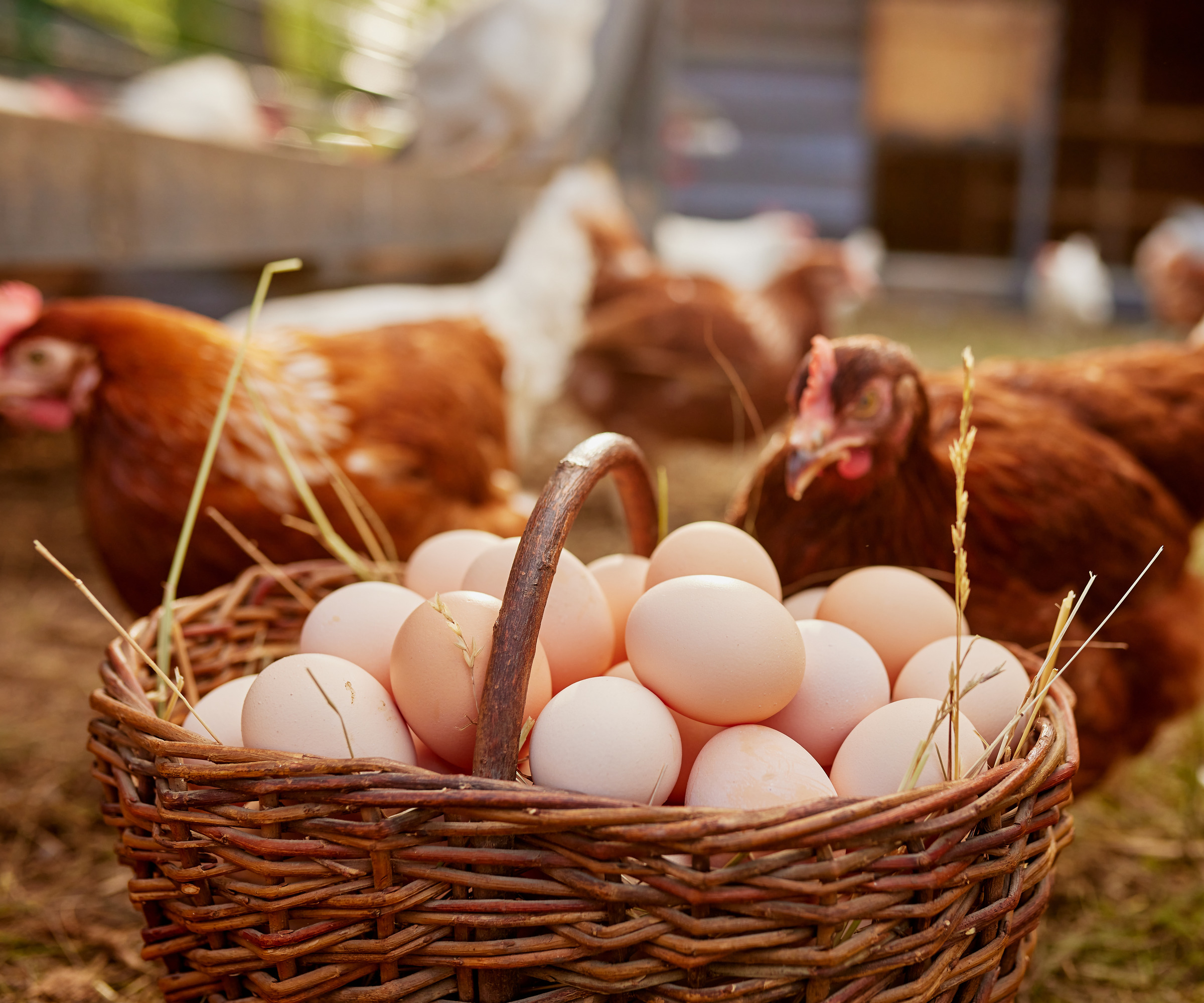
Chicken keeping mistakes to avoid for a happy flock
The reasons for keeping chickens vary vastly, but one thing is for sure, these birds make a charming addition to a homestead or kitchen garden.
'I love keeping chickens because they are relatively easy to care for, fun to watch, and provide rich, delicious eggs,' says Christen Waddell, Farmstead Director, Blackberry Farm. 'There is something very satisfying about watching a flock of silly chickens scratching around the ground or chasing a bug.
'Mostly chickens just need just basic things to be happy: food, water, shelter, room to scratch around, and companions.'
1. Not protecting hens from predators
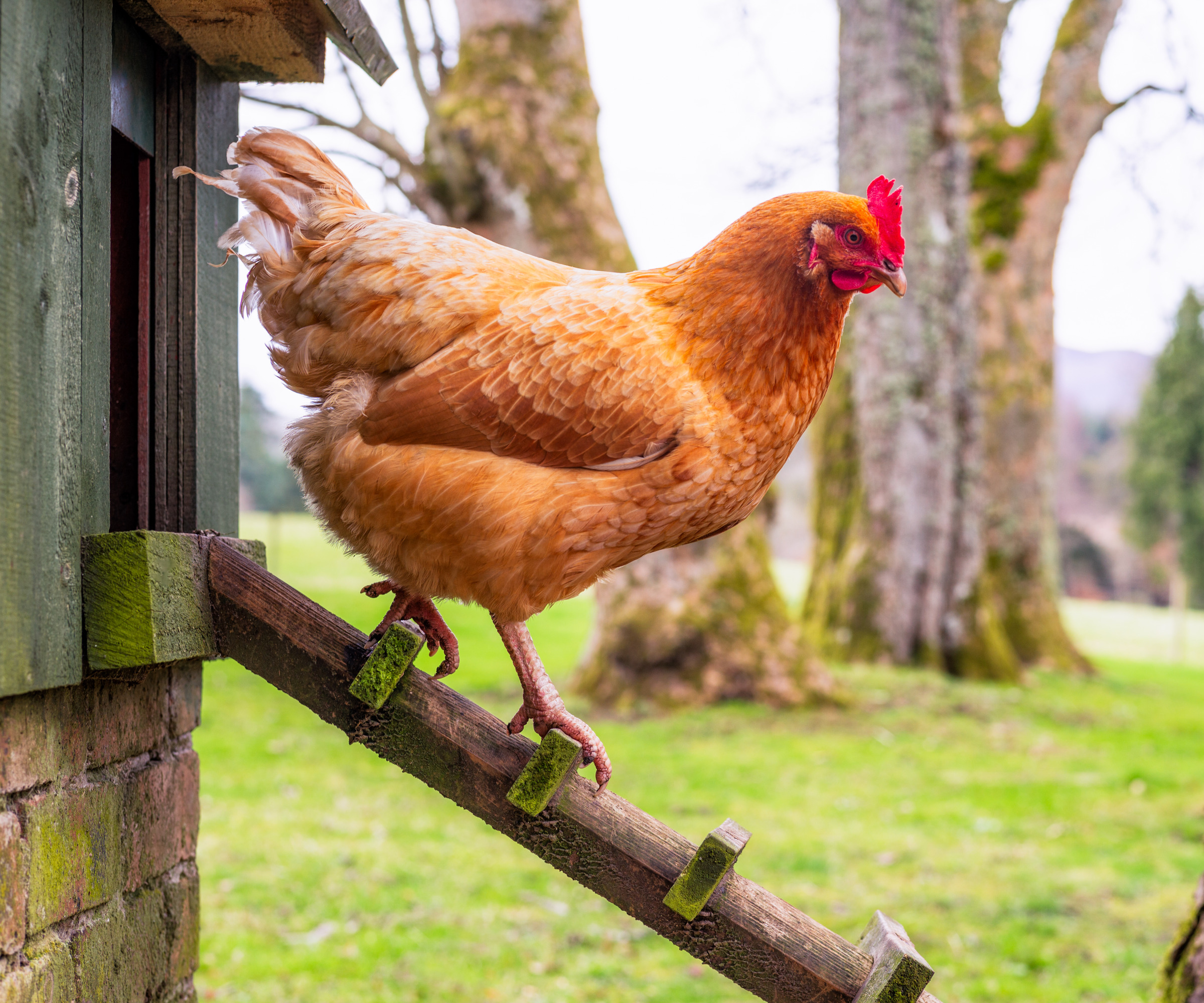
This is an important mistake to avoid both for your chicken's sake and yours. Losing an animal is devastating enough. Losing it to a predator even more so. So keeping your chickens safe and secure is the number one priority. This means ensuring they are protected whilst they are in the coop and when they are pecking around your yard.
Design expertise in your inbox – from inspiring decorating ideas and beautiful celebrity homes to practical gardening advice and shopping round-ups.
'The biggest mistake I see people making with chicken keeping is not predator proofing their coop and run,' says Lindsey Chastain, founder and CEO, Waddle & Cluck. 'Predators love chickens. Anytime we have had predators on our property, they go for the chickens first. And predators are tenacious. Raccoons can reach into coops and coyotes can dig under them. Hawks and owls are also worrisome as they come in from overhead.
'Your coop should have a solid floor and heavy chicken wire all around at the very least. Our chicken coop is a solid wood building with a window and dormers for air flow. The chickens get closed up completely at dusk and don't get let back out until the sun is up.
'Even if you have backyard chickens, you need to be highly aware of predators as having chickens will draw them in. If you don't free range your chickens, it's a good idea to have a fully enclosed run with chicken wire to protect them on all sides.'
Build a protective coop for your birds by following the instructions in the classic guide Building Chicken Coops for Dummies available on Amazon.
'A predator problem most people don't think about is domestic dogs,' adds Deborah Niemann, founder, Thrifty Homesteader. 'So many chickens have been seriously injured or killed right there in front of the owner because they don't understand that their dog is predator.'
'Putting your chickens in a secure enclosure at night will go a long way toward protecting them from some of their biggest predators, but even during the day they will need protection from predators like hawks,' adds Christen. 'This could be keeping them in runs that are always enclosed, providing bushes or shelters that the chickens can run under when hawks are overhead, or even a livestock guard animal. Depending on your area and predator pressure, you may need to put extra effort into making sure that your coop is sturdy enough.'
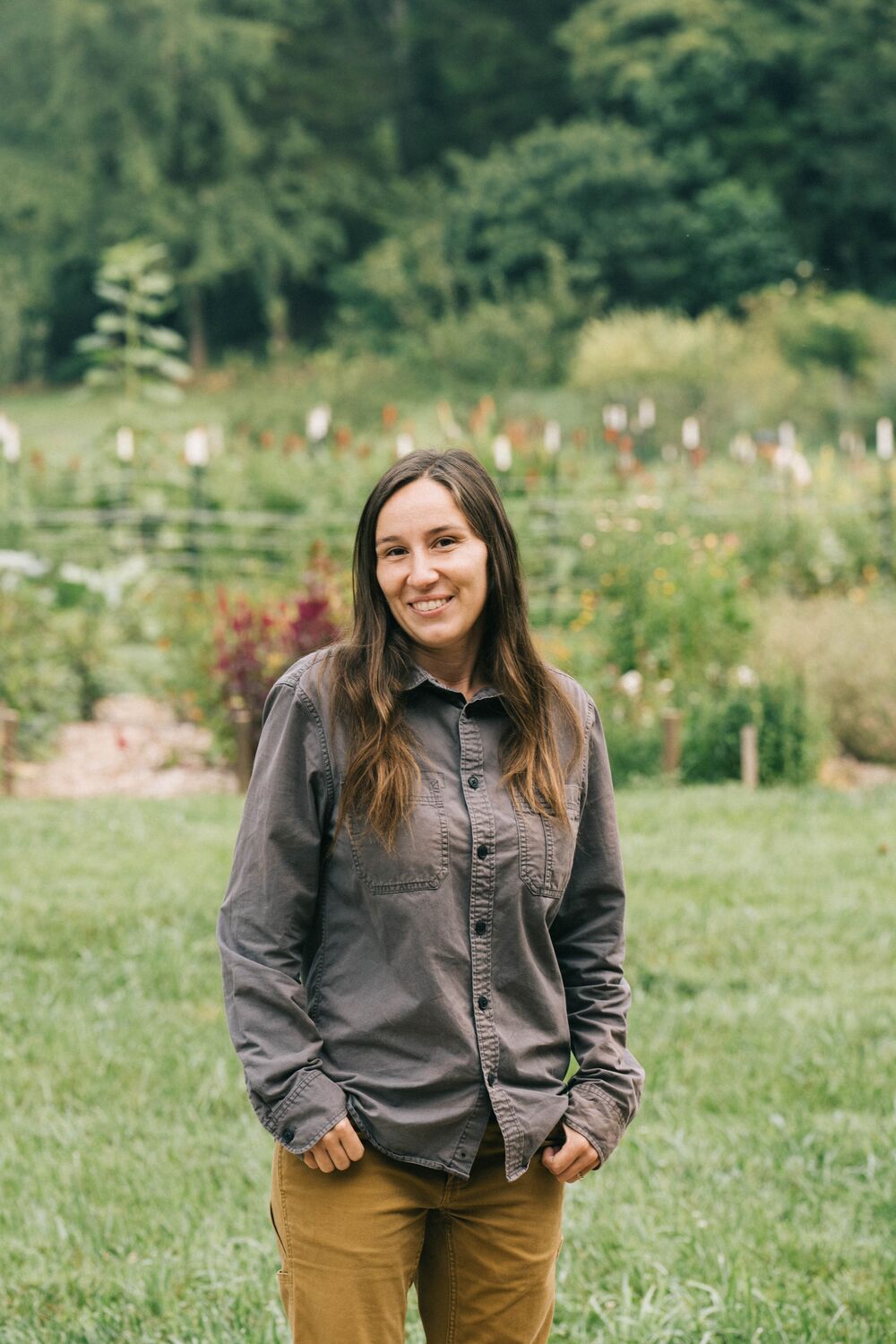
Christen Waddell is the Farmstead Director at Blackberry Farm, Tennessee, where she oversees the garden, dairy and larder at the renowned wine, food and wellness destination. Christen joined the team over ten years ago and has a master’s in biology from Miami University, where she studied agricultural and wildlife systems abroad, focusing her studies and thesis on sustainable agriculture.
2. Don't overcrowd the coop
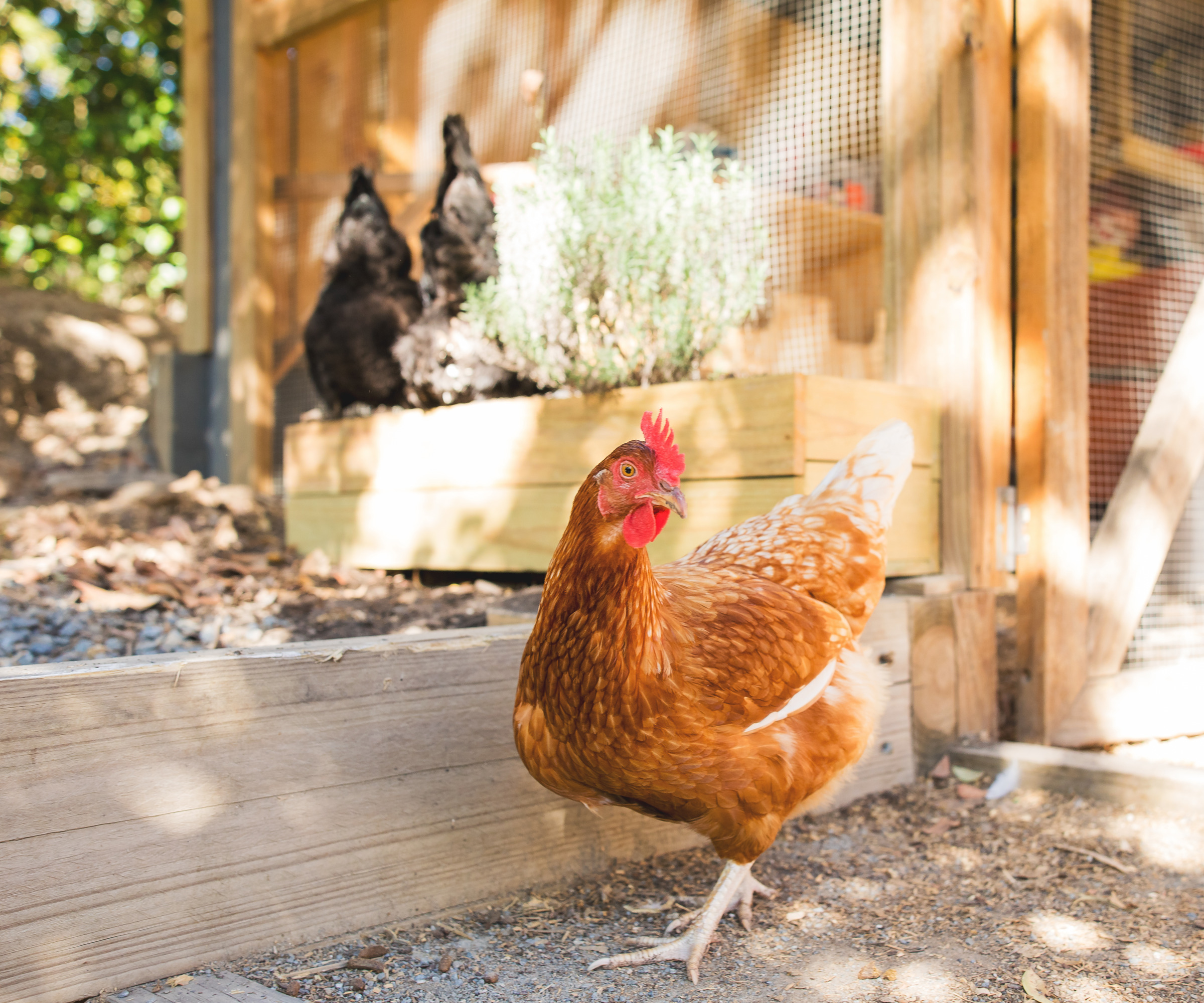
Knowing how many chickens to keep together in a backyard homesteading coop is easy enough to work out. But do consider whether your flock will grow. If you decide to have a rooster, some of the eggs may become fertilized and potentially turn into chicks. If that's the case, it is better to err on the side of too much space than too little.
'The second biggest mistake I see is overcrowding,' says Lindsey. 'Most coops that you can buy at big box stores are meant for 3-4 chickens. If a coop is overcrowded, that leads to aggression between the chickens such as pecking and pulling out feathers. They can do a lot of damage to each other.
'This is especially important when the weather gets colder and they want to spend more time inside the coop during the day. You need 4 square feet of indoor space per chicken and 10 square feet of outdoor space at a minimum.'
This 80" wooden chicken coop from Walmart has space for two-four birds, with a raised nesting box, ramp and enclosed run.

Lindsey Chastain is an experienced homesteader and founder & CEO of Waddle and Cluck, a platform dedicated to the joy of living off the land and sustainable living, which she runs with her husband.
3. There's no need to heat the coop when it's cold
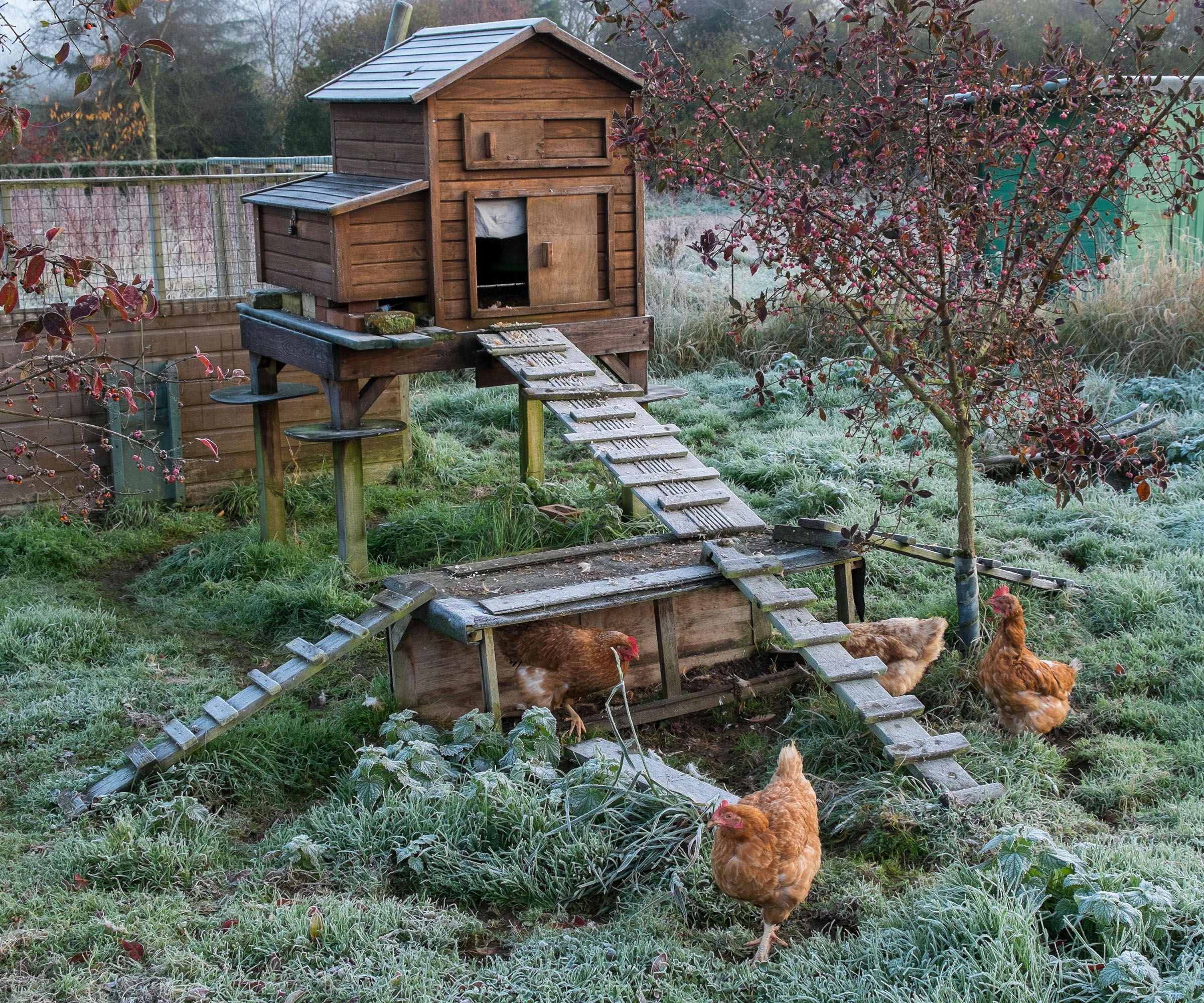
Most of us are guilty of anthropomorphising our pets (treating them like humans). This may be acceptable with domesticated species like dogs and cats, but chickens have evolved to be outside and are quite used to cold weather. Therefore, there is no need for heat in a hen house, when you are caring for chickens in winter.
'I'm in Illinois, and the biggest mistake I see people making up here is that they think they need to have an insulated, heated coop,' says Deborah. 'Not only is this unnecessary, but they can wind up killing their birds with what they think is kindness.
'When you do this, you have ammonia and humidity trapped in the coop, which results in respiratory illnesses that can kill the chickens. Humidity in the coop also means that the birds will suffer from frostbite at a lower temperature than if the coop were not heated. To avoid respiratory illness, the solution is simple - do NOT insulate your coop.
'If people doubt that chickens can stay warm in winter, I always remind them that we use feathers to keep ourselves warm. No one doubts that a down jacket or comforter keeps us nice and toasty in winter. Down is the fluffy feathers under the decorative feathers on a chicken, so they are all wearing their own down jackets. And please don't even think about putting a sweater on your chicken.'
'Also frostbite is not going to affect the health of the chicken, as long as the comb stays clean. It will just freeze and fall off. Yes, that sounds bad, but it's just a cosmetic appendage. If you live in a cold climate and want to avoid frostbite, choose a breed that has a rose comb, which is one that lays flat on top of the head rather than standing up. The Wyandotte chicken was developed in Wisconsin specifically for this purpose more than a century ago.'
'Heat lamps can easily cause fires too,' add Lindsey. 'Even in the colder months your chickens do not need supplemental heat in the coop. Going in and out of the coop to drastic temperature changes can make them very sick. They will adjust to the temperature changes.'
This hemp bedding from Amazon is 100% biodegradable so can be composted after it's been used.
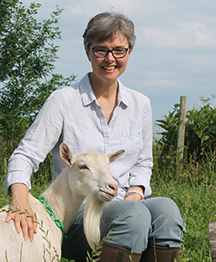
Deboarh Niemann is the founder of Thrifty Homesteader and author of EcoThrifty and Raising Goats Naturally. With her partner she looks after a flock of around 80 hens and a few roosters, as well as several goats. She has been a homesteader since 2002, hosts online courses and speaks at events.
4. Not providing enough nutrients in their food
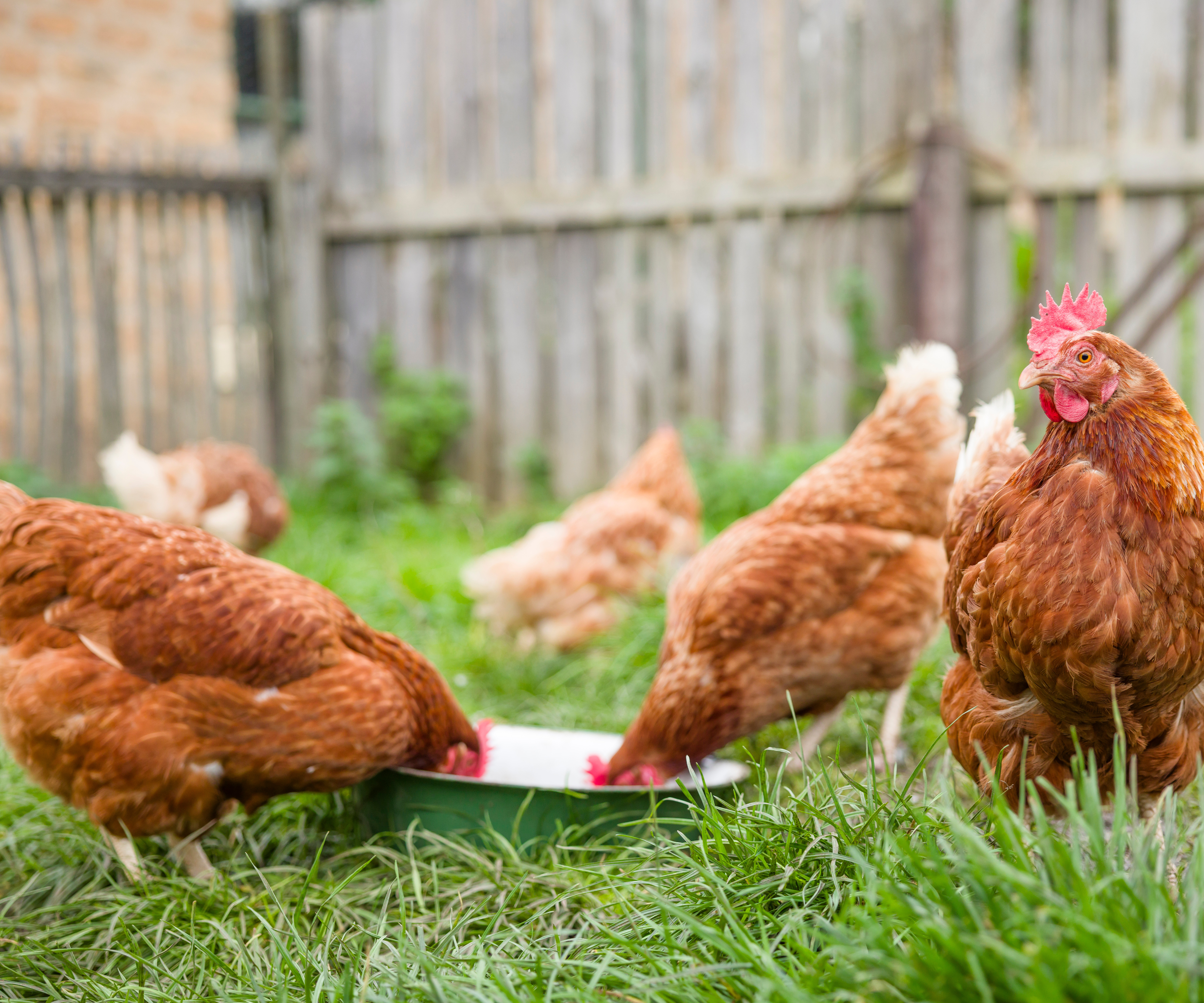
Like humans and other animals, chickens need a healthy balanced diet to prevent illness and infection. Even if your birds are free-range, they will likely need supplemental feed. Most commercial feeds will be balanced to provide the right amount of protein, carbohydrate, vitamins and minerals for your flock.
However, unless stated, most will contain GMO ingredients, such as soy and corn. If you prefer your birds (and eggs) to be organic, choose organic non-GMO feed and give them safe food scraps. Chickens obviously need fresh water daily too. You can discover the best plants for a chicken run in our expert guide.
'Commercial feed is great and should be fed to your chickens, but that's not all they need to be healthy,' explains Lindsey. 'If your chickens don't free range, they are missing out on vital nutrients they get from eating grass, plants, and bugs.
'If you don't have an area with lots of sunshine and grass for them to roam in, you should supplement their diet with vegetables and bugs like mealworms or black fly larvae. Always make sure to check if food is chicken safe before feeding it to your chickens. For example potatoes, rhubarb, tomato leaves and onions are an absolutely no. But chickens love cucumbers, squash and watermelon.'
Try these Kimoe non-GMO dried mealworms from Amazon as a feed supplement for your chickens.
5. Not keeping the coop clean enough
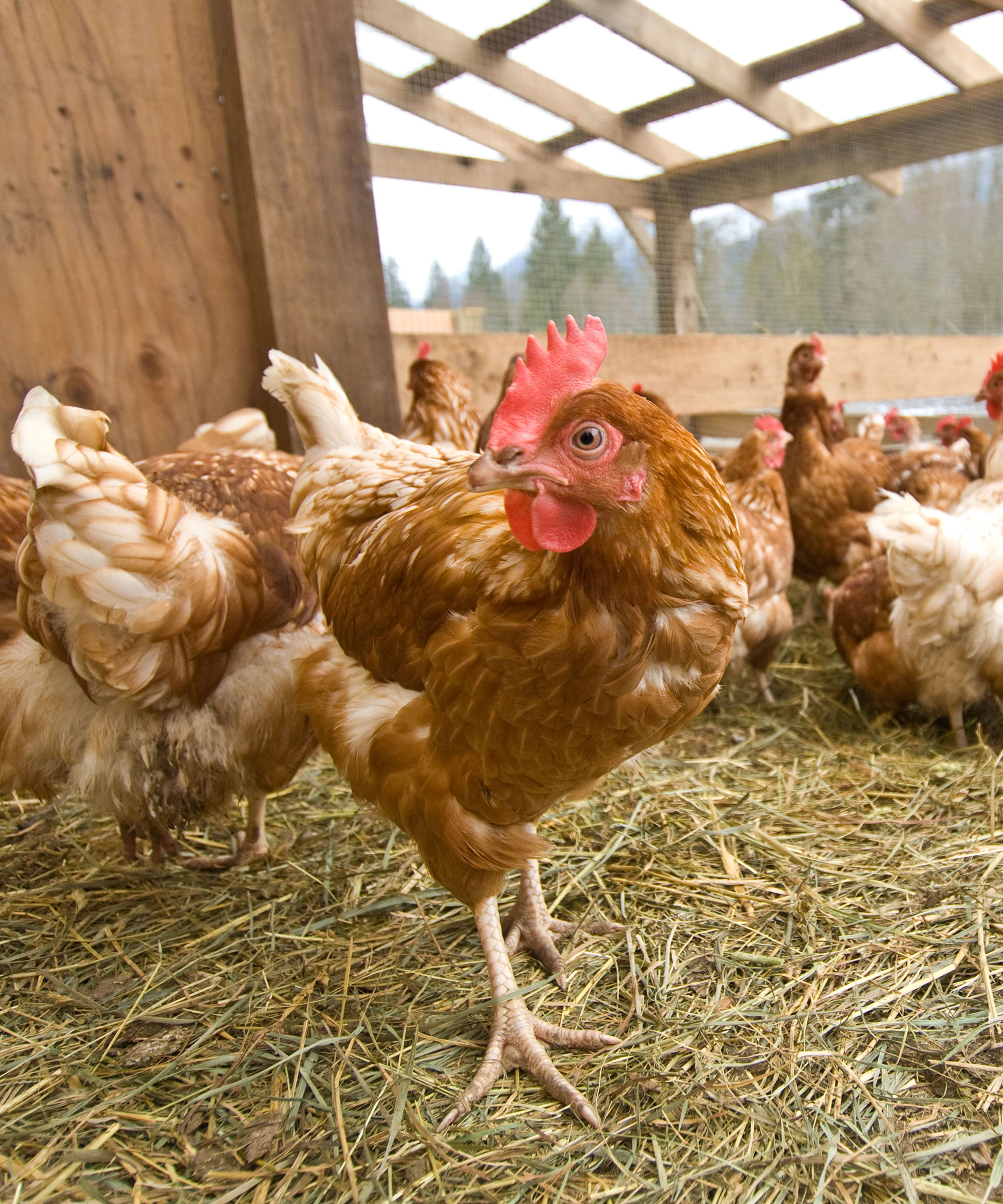
Whether you have a backyard farm or just a few chickens, keeping your coop scrupulously clean is another way to prevent your birds from becoming ill or infected. Sweeping the floor and changing the litter and bedding should be done on a regular basis.
'How often your coop needs to be cleaned is very season and litter dependent,' explains Lindsey. 'There are many options for litter or bedding in chicken coops from sand that you can scoop like cat litter to pine shavings and straw. Avoid anything that has a lot of powder and never use playground sand.
'When the weather is warmer the coop needs to be cleaned more often. In the colder months, it's best to leave the droppings in the coop and cover them up. As the droppings break down, they will create heat for the coop.
'We pressure wash and scrub the coop with a veterinarian-grade cleaner once a year at the beginning of the warmer season after we clean out the winter pile up. When cleaning out your chicken coop, wear a mask. We replace our bedding about every 2 weeks in the warmer months.'
These organic nesting herbs from Amazon can be scattered around the coop after it has been cleaned, for your hens to peck, nibble and scratch around in. Containing lavender, chamomile, rose and other herbs, it calms the flock, provides a snack and emits a pleasant aroma.
6. Not providing a dust bath
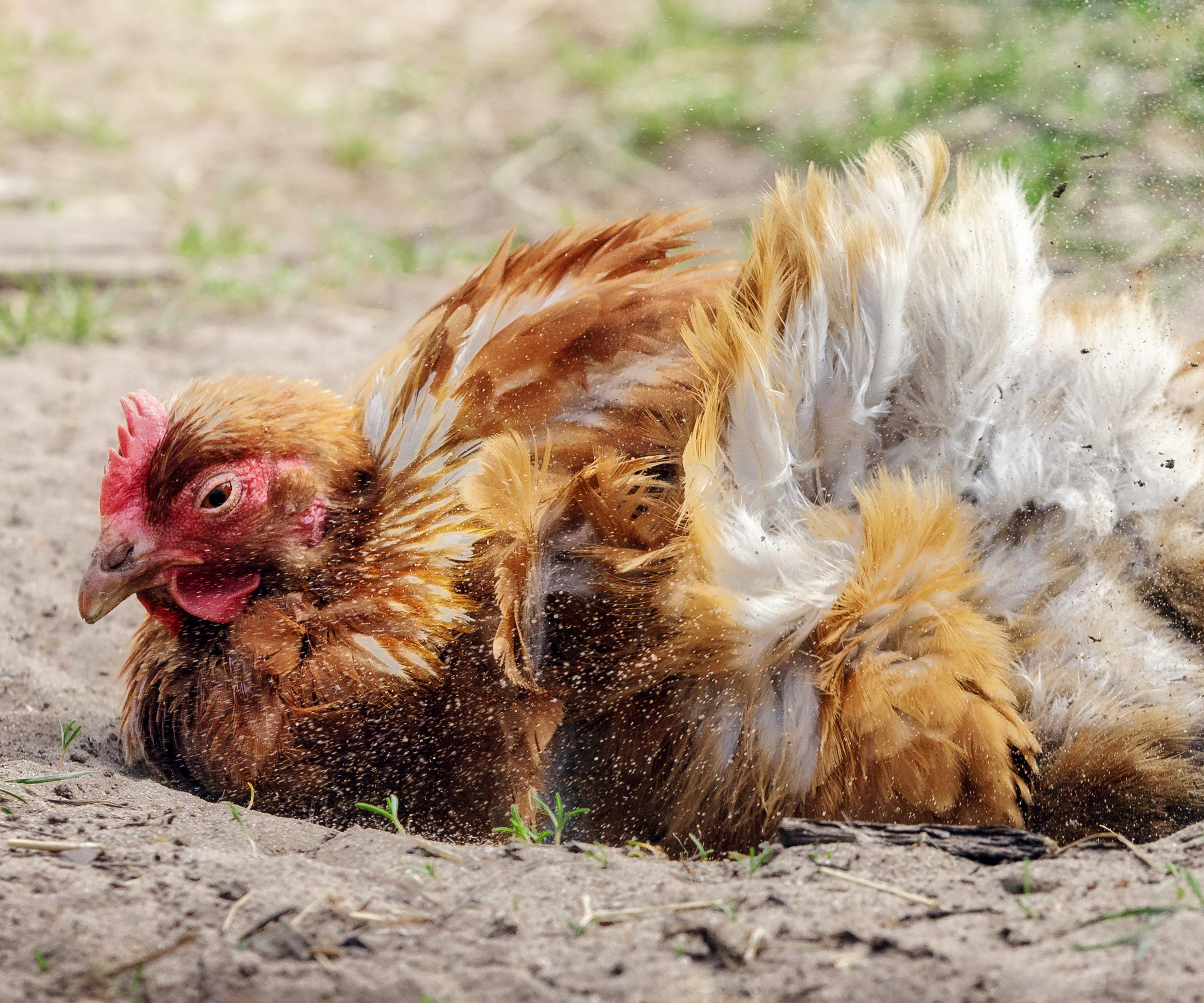
Chickens are prone to red mite in their feathers, if they are not kept sufficiently clean. However, assuming their coop is cleaned regularly, this is easily prevented by letting your chickens do what chickens naturally like to do, which is scratch around in a dust bath in your backyard.
'Keeping chickens in the same area for too long without a plan for mite prevention is another big mistake,' says Christen. 'If your chicken coop is not mobile, then you will need to pay special attention to keeping bedding clean and dry, giving your chickens an area to make a dust bath, and quarantining new birds before they join your flock.'
'Chickens can get parasites fairly easily,' explains Lindsey. 'Providing your chickens with a place to take a dust bath will drastically cut down on mites and other parasites, as chickens are very good at cleaning themselves.
'If they don't have access to dirt like free ranging chickens do, a kiddie pool or old tire can serve as a dust bath. Fill it with fine dirt or sand, diatomaceous earth, and wood ash. Spend some time each week watching your chickens. If they are scratching, shaking their heads, or acting unusual, check for mites.'
7. Giving them free-range of your yard
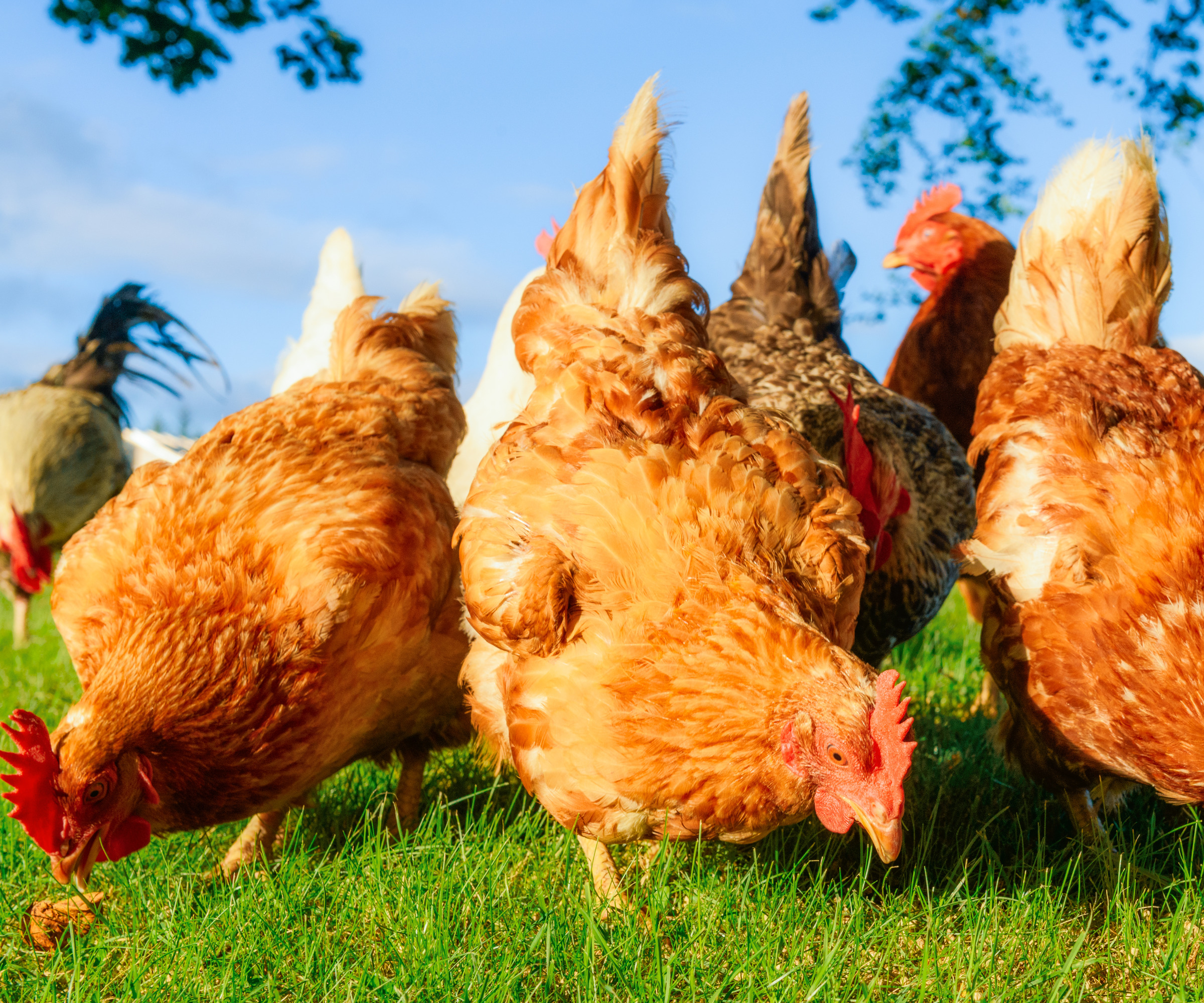
Whilst it is a lovely idea to allow your chickens to wander and peck around your backyard to their heart's content, it may be better to provide them with a moveable run. This is both for their own protection (from predators), and that of your plants, so it's a good idea to know how to keep chickens out of flower beds.
'Giving chickens free rein of a garden is a mistake that I often hear of people making when they first get started,' says Christen. 'Chickens can be a wonderful addition to the garden, aerating soil, eating pest insects and grubs, adding natural fertilizer, and the list goes on.
'However, if they aren’t given boundaries, chickens can become a real menace in the garden. They’ll eat young crops as they start to grow, dig dust baths that become a large crater in the middle of a patch of vegetables, and eat seeds that you just planted, or fruit that you were about to harvest. I like keeping chickens contained in a run that moves through the garden, or letting them loose in the garden between planting seasons.'
Once you're aware of the pitfalls and how to prevent them, keeping chickens can be hugely rewarding. From having a fresh egg supply and new pets, to knowing they are being reared humanely, there's lots to love about this pastime.
'Chickens are hilarious creatures; they each have their own personality and provide endless hours of entertainment,' says Lindsey. 'Plus, they give you eggs. In our experience, the worst part is keeping the coop clean and protecting them from predators. We have suffered some devastating losses because our chickens free range, but we have also learned from our mistakes on predator proofing our areas.
'If you choose to free range, I highly recommend having a predator protection animal like donkeys or livestock guardian dogs. If you take good care of your chickens you can expect them to live an average of 5-10 years depending on the breed.'
Jacky Parker is a freelance lifestyle journalist and writer, producing a wide range of features for magazines and websites. She has written for Homes & Gardens and its sister titles, Livingetc and Country Homes & Interiors for more than 15 years, both as a freelance contributor and staff member, regularly reporting on the latest interiors, gardens and lifestyle inspiration, speaking to experts in their respective fields and discovering the newest tips.
